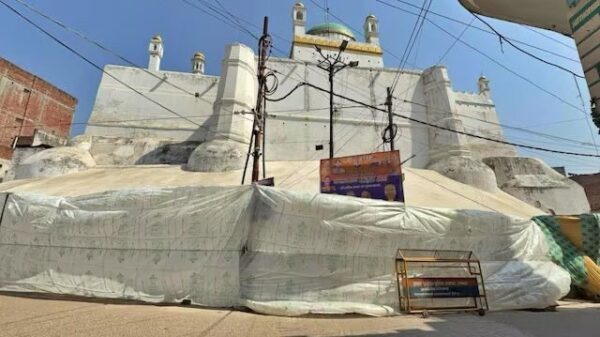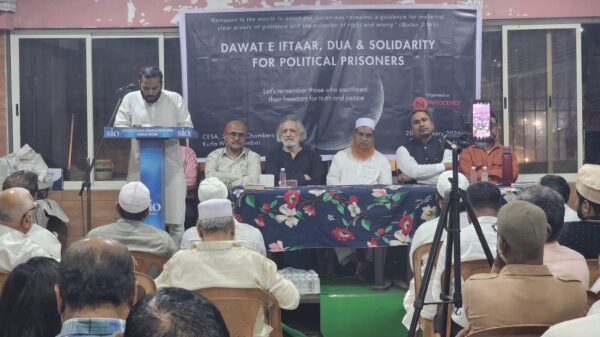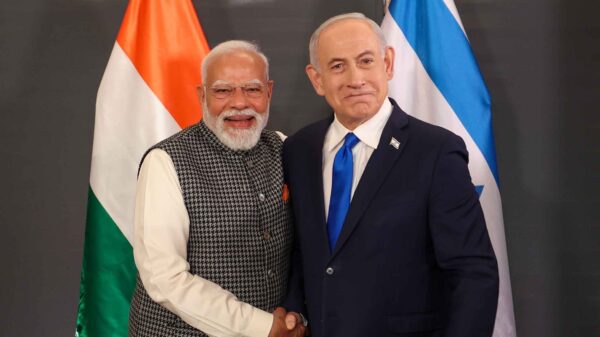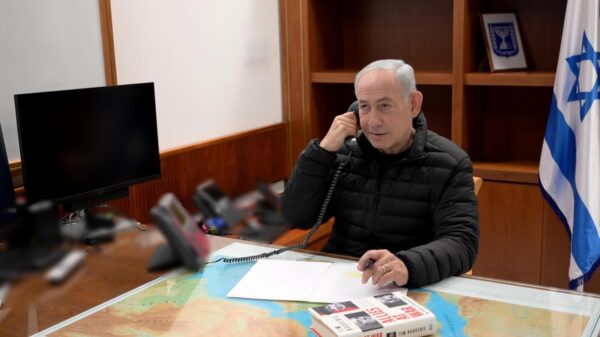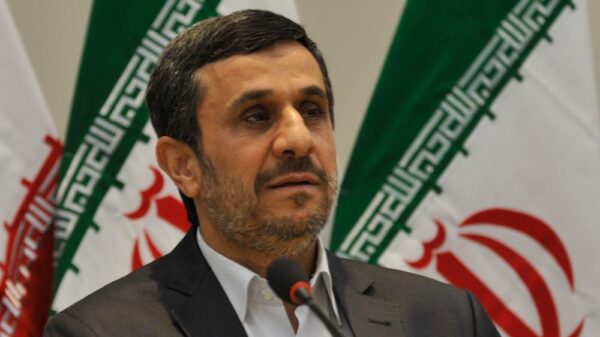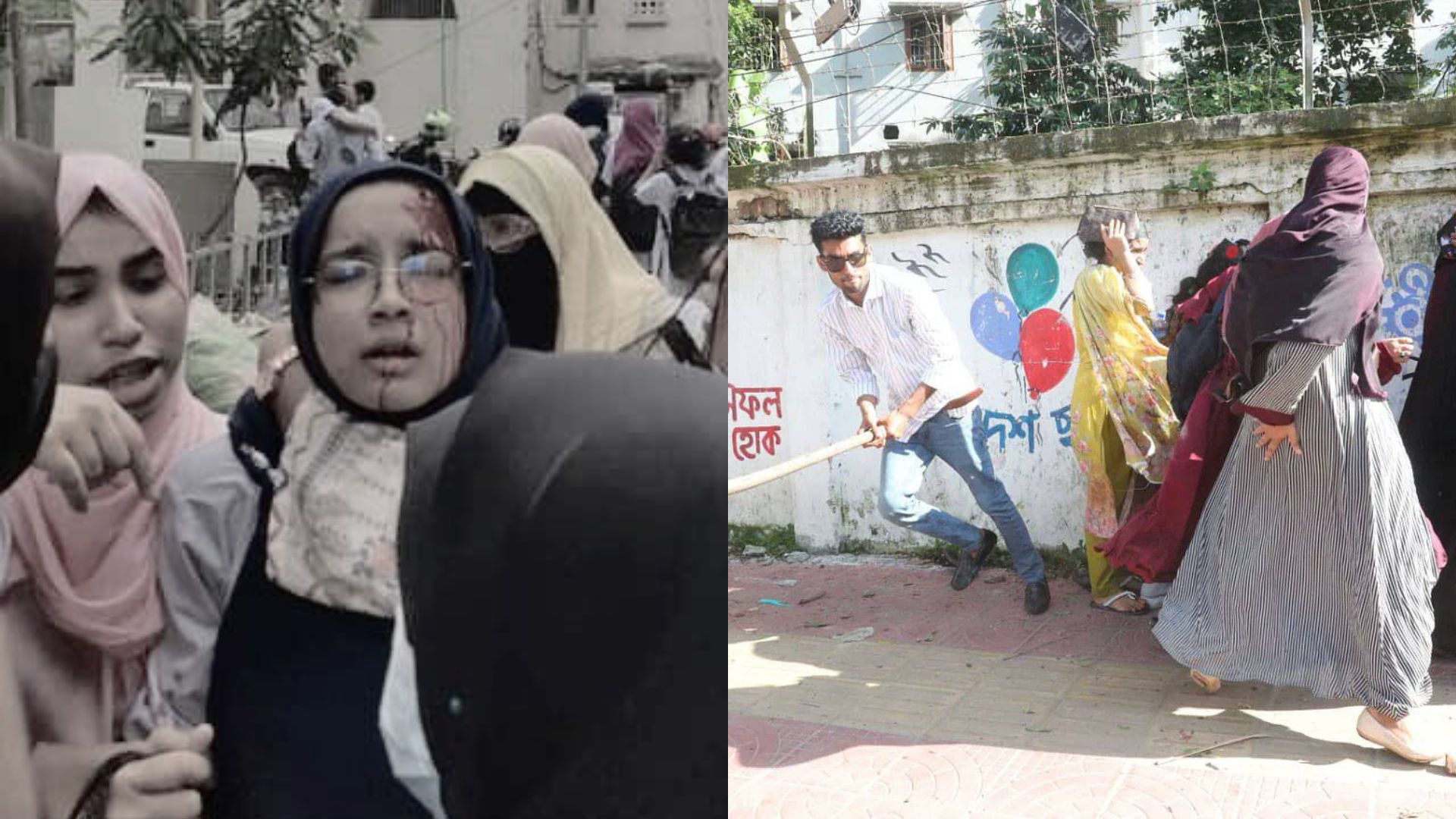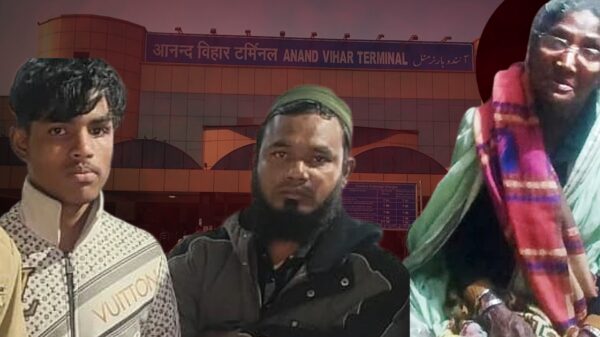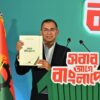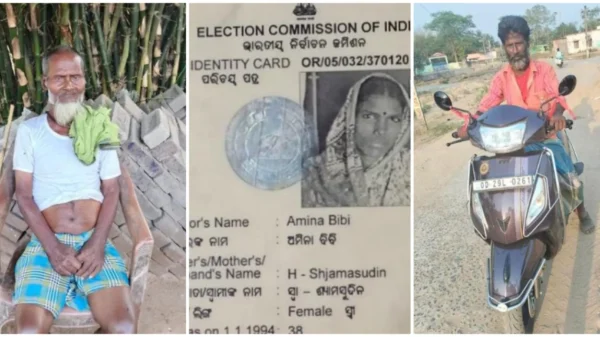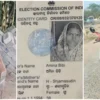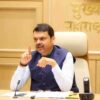Bangladesh witnessed a deadly escalation in violence on Tuesday as clashes between rival student groups over government job quotas claimed the lives of at least five demonstrators and left over 400 others injured. The protests, which have persisted for weeks despite calls for students to return to class, saw police resorting to tear gas and rubber bullets to disperse crowds.
In the port city of Chittagong, three protesters were killed, all with bullet wounds, according to Mohammad Taslim Uddin, Director of Chittagong Medical College Hospital. Approximately 35 others sustained injuries during the clashes.
In Dhaka, the capital city, rival student factions engaged in pitched battles, throwing bricks and engaging in physical confrontations, bringing traffic to a standstill in the densely populated metropolis of 20 million residents. One student was reported killed outside Dhaka College, with around 60 more injured, as reported by inspector Bacchu Mia.
In Rangpur, another northern city, clashes claimed the life of a student, although details surrounding the incident remain unclear. Police deployed rubber bullets and tear gas to control the situation, as confirmed by Police Commissioner Mohammad Moniruzzaman and Rangpur Medical College Hospital Director Yunus Ali.
Tauhidul Haque Siam, a student reporter from Rokeya University, described how ruling party supporters attacked anti-quota protesters, leading to police firing rubber pellets. Siam himself was injured, alleging that the deceased student was killed in police gunfire.
As tensions mounted throughout the day and key highways were blocked by demonstrators, authorities deployed the paramilitary Border Guard Bangladesh (BGB) in major cities including Dhaka and Chittagong to restore order. A BGB spokesperson stated their mission was to ensure law and order amidst the ongoing quota protests.
The demonstrations have been a focal point of discontent, demanding an end to a quota system that reserves more than half of civil service posts for specific groups. Critics argue the system benefits pro-government factions aligned with Prime Minister Sheikh Hasina’s administration, which has faced international criticism for handling the protests.
Following the clashes, Amnesty International called on Bangladesh to ensure the safety of peaceful protesters, while the US State Department condemned the violence against demonstrators, prompting a response from Bangladesh’s foreign ministry.
The situation remains tense as authorities work to contain the unrest and address the underlying grievances driving the protests across the country.







